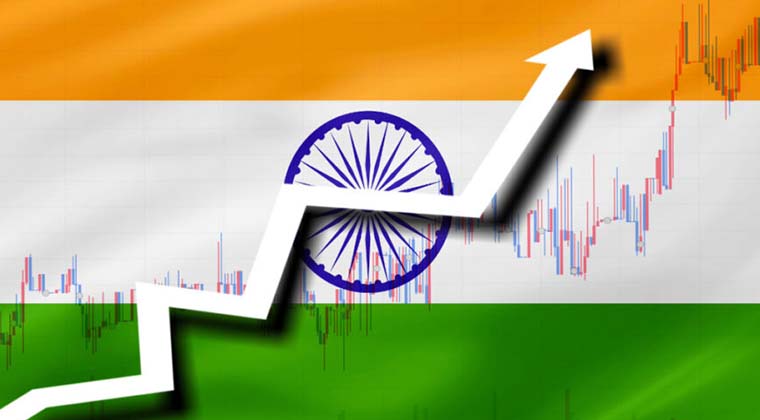India has emerged as a global superpower in the 21st century, transforming itself into a leader across multiple domains, including economy, geopolitics, technology, and culture. This evolution has been fueled by its dynamic economy, strategic global positioning, and an unwavering commitment to progress. Once perceived as a developing nation grappling with poverty and infrastructural challenges, India has redefined its role on the world stage, earning recognition and respect as a powerhouse of innovation and resilience.
Economic growth has been at the heart of India’s rise, with its GDP now ranking among the top five globally. The liberalization of the economy in 1991 was a pivotal moment, opening doors to foreign investment, privatization, and entrepreneurship. Leveraging its youthful population of over 1.4 billion, India has established itself as a leader in key industries such as information technology, pharmaceuticals, and renewable energy. The IT sector, with hubs like Bengaluru, has made India a global leader in software development, outsourcing, and digital services. Similarly, the pharmaceutical industry has gained international prominence, particularly during the COVID-19 pandemic, when India emerged as a major supplier of vaccines and medicines to countries worldwide.
India’s geopolitical strategies have also played a crucial role in its rise. As a founding member of the Non-Aligned Movement, India maintained a neutral stance during the Cold War, but it has since adopted a more assertive foreign policy. Its leadership in organizations such as the G20, BRICS, and the Quad reflects its influence in shaping global economic and security policies. Strategic alliances with major powers like the United States and the European Union, alongside its historic partnership with Russia, have enabled India to maintain a balanced and independent foreign policy. Additionally, its focus on the Act East policy has strengthened ties with Southeast Asia, while its growing presence in Africa and the Middle East highlights its expanding influence. India’s role in global climate action, particularly in advocating renewable energy initiatives, has further elevated its international standing.
Advancements in science and technology have cemented India’s position as a global leader. The Indian Space Research Organisation (ISRO) has achieved remarkable milestones, including the Chandrayaan lunar missions and the Mangalyaan Mars Orbiter Mission, demonstrating the nation’s ingenuity and ambition in space exploration. These successes have established India as a pioneer in affordable and innovative space technology, inspiring other nations. On the ground, the country’s digital transformation through initiatives like Digital India has revolutionized access to technology, e-governance, and financial inclusion, while innovations in fintech, such as the Unified Payments Interface (UPI), have positioned India as a leader in the global cashless economy.
Cultural diplomacy has been another pillar of India’s global influence. With a rich heritage encompassing yoga, Bollywood, traditional arts, and cuisine, India’s soft power has captivated audiences worldwide. The International Day of Yoga, spearheaded by India, has become a global phenomenon, promoting health and mindfulness. The Indian diaspora, numbering over 30 million, has further strengthened India’s global presence. This community has contributed economically while acting as cultural ambassadors, fostering deeper ties between India and the countries they call home.
India’s journey to superpower status has not been without challenges. Persistent issues such as income inequality, infrastructure gaps, environmental concerns, and social disparities continue to test its progress. Despite these hurdles, India has demonstrated remarkable resilience, addressing these challenges while maintaining steady growth and innovation. Its success serves as a testament to strategic policymaking, economic reforms, and the collective efforts of its people.
As India continues to navigate the complexities of global leadership, it is poised to play a pivotal role in addressing critical global issues such as climate change, technological disruption, and security challenges. The country’s rise is not just a story of economic and geopolitical achievements but also a source of inspiration for developing nations, showcasing the transformative power of vision, perseverance, and innovation. With its growing influence and commitment to progress, India is shaping the 21st century as one of the world’s leading superpowers.

